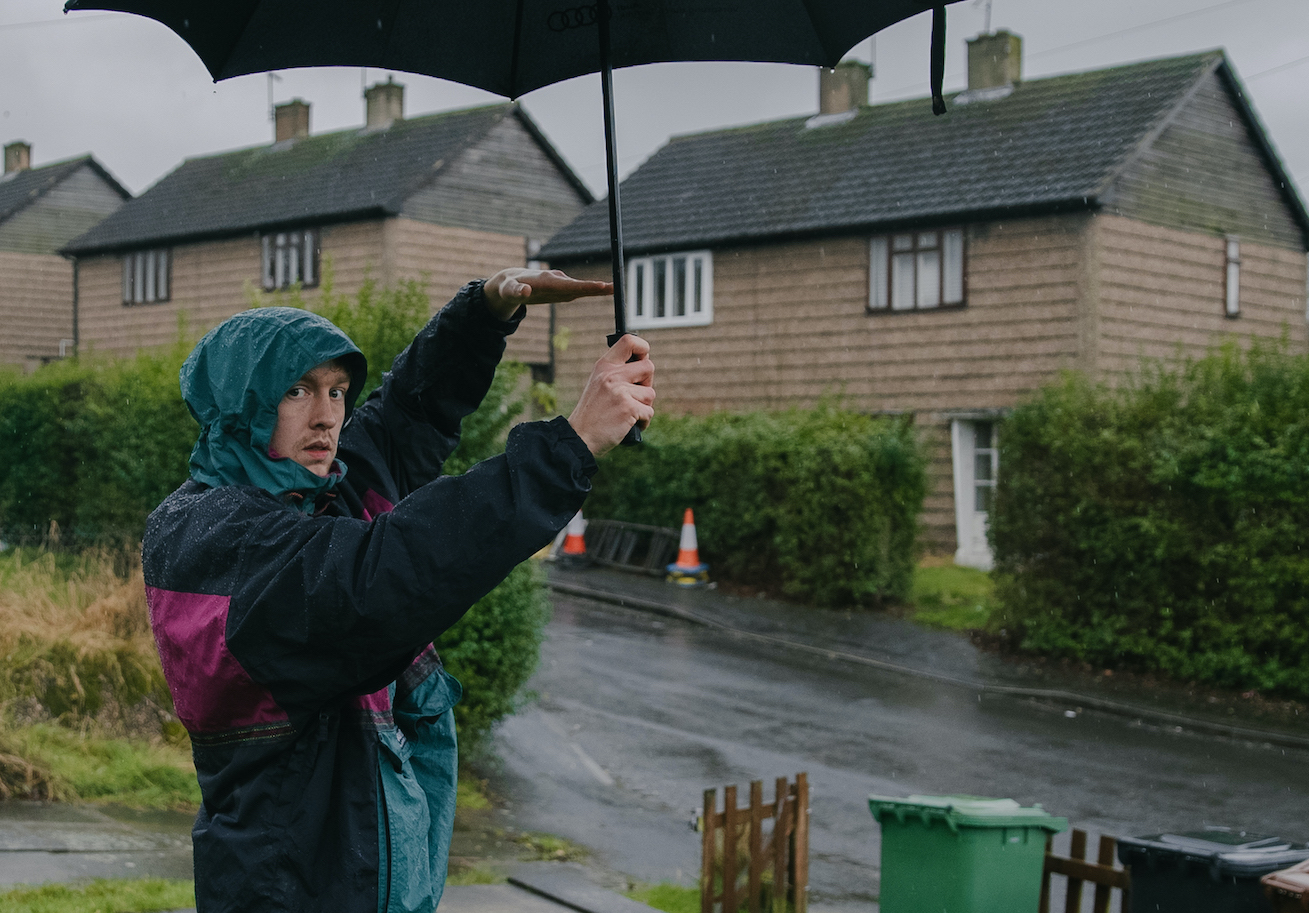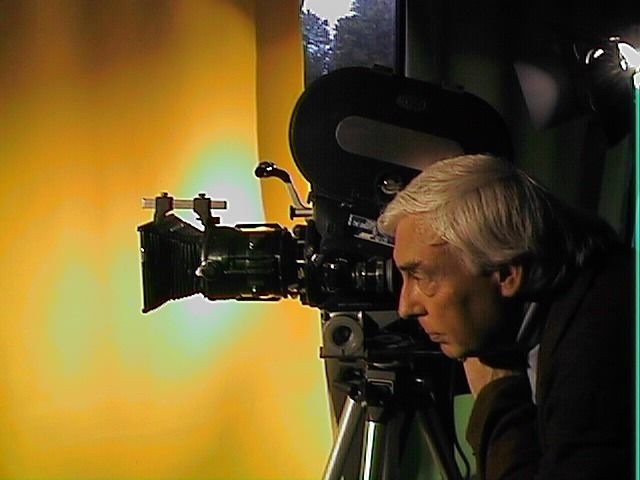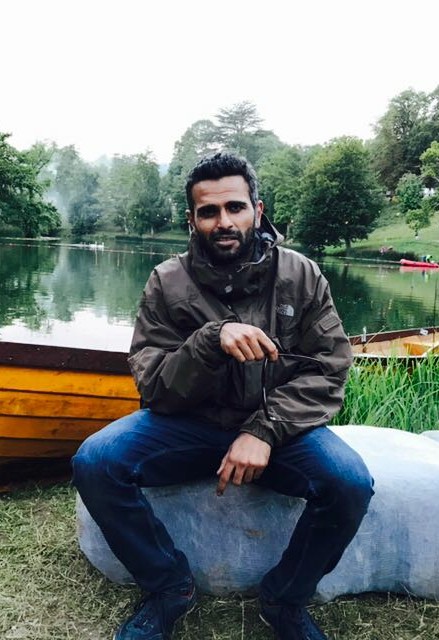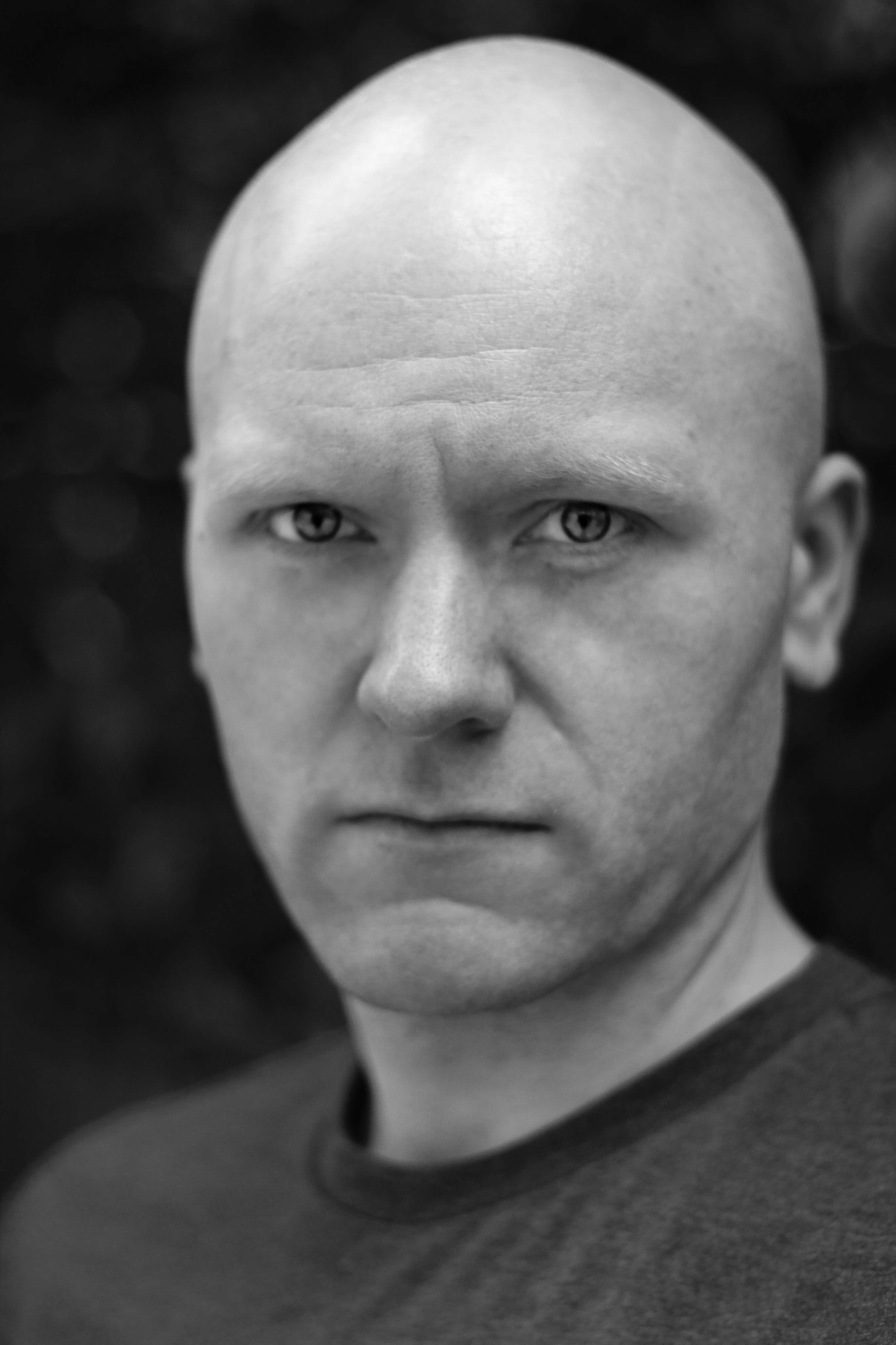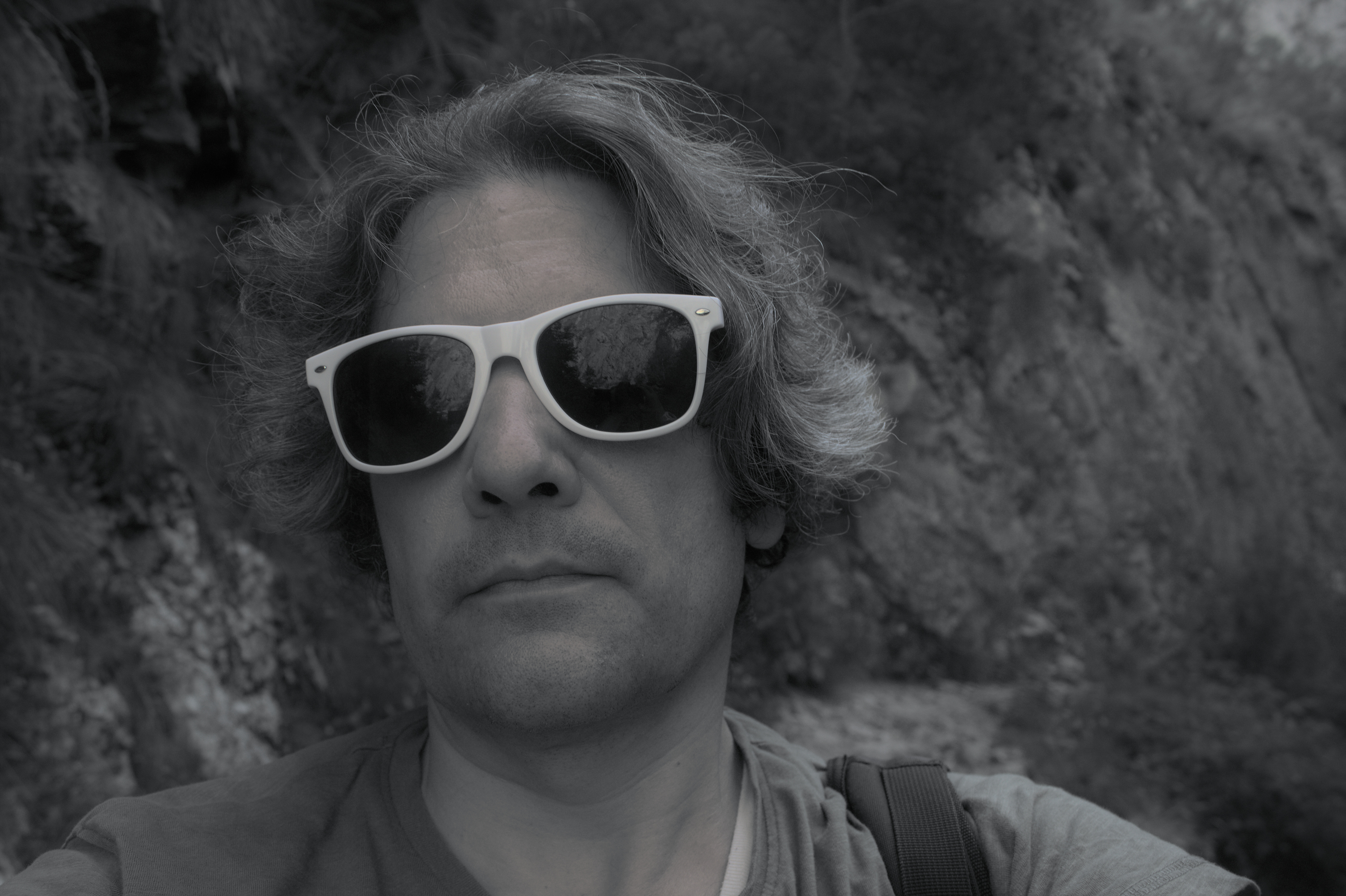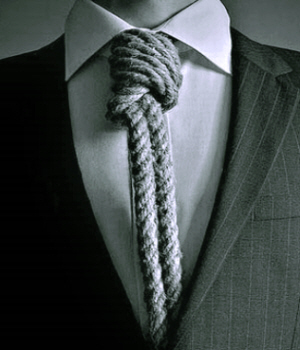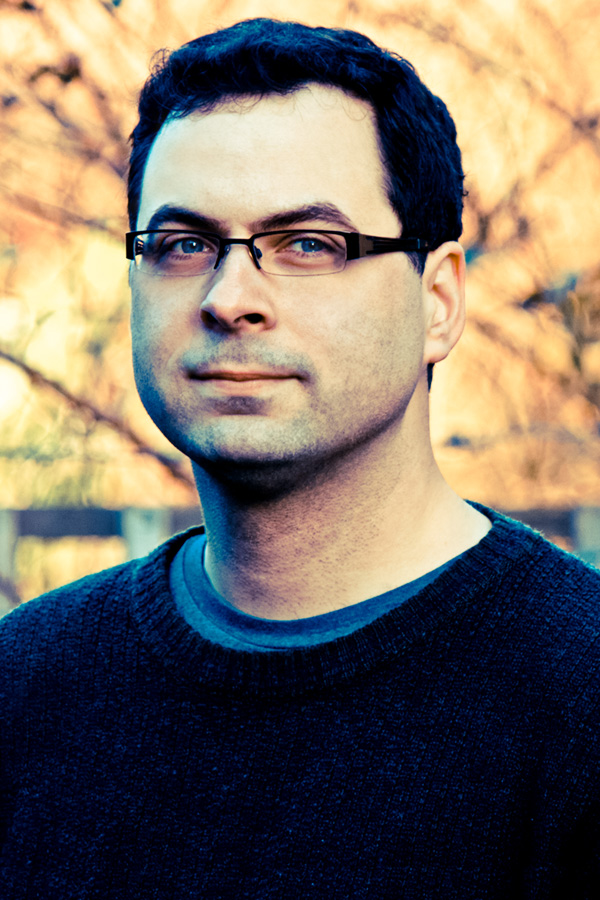ASK & DISCUSS
INDEXFilm school really worth it?
12 years, 7 months ago - Alfie Barker
Hello!
I'm a young film director hoping to direct TV Drama/Features. I've been thinking for quite sometime whether going to Film School is actually beneficial for £27K when I could make an incredible film for that amount of money. I've heard Bournemouth Arts Uni is the best although I'm still reluctant to even go.. thoughts?
Cheers, Alfie
Only members can post or respond to topics. LOGIN
Not a member of SP? JOIN or FIND OUT MORE
12 years, 7 months ago - SP User
Look abroad at countries where fees are either more sensible or non-existant, and where there are many English speakers. A UK university education is no longer a qualification given to those who display exceptional promise and potential to work in certain fields, it's an overpriced aspirational product. A bit like a shiny pair of alloy wheels. Plenty of people get from A to B with normal wheels.
12 years, 7 months ago - Paddy Robinson-Griffin
Ever been on a film set? Do you really love it, or doors it sound glamorous from the outside and you have been told uni is the way to get in?
There are many great reasons to go to uni, but a guaranteed job isn't one of them. It's a vocational industry, all comers welcome, all comers start at the bottom and prove their worth to step up. You can shortcut it somewhat by having your own money and projects, but you will live or die on your capability.
Time was when film school was the only way to get your dabs on a 35mm kit and crew, now a DSLR costs about the same as a can or two of stock and produces a result in a similar league with infinite shooting radio and a lot of the risky stuff automated away from the user. You do get access to tuition of course, and a heap of courses that may or may not be relevant to your goal, but access to kit is so easy now!
Cost - £27k is just the fees, remember you need too live, too. Maybe allow the same again, so that's 60 grand before you even start to get a job to pay it off. Unlikely you'll earn enough to pay that off too quickly in an entry level film job, so you may have to work out of the industry, defying the point somewhat.
However uni is great for so many reasons, and you don't need to limit yourself to vocational courses, you will find plenty of demand for accountants or historians or engineers or costumers so look at the wider options.
But first, how about dedicating a year to life on set, see if you actually like it? It can be really really dull, hard work, long hours, crappy food, no glamour at all. If at the end you hate it, you've ducked a bullet. If you still love it, you'll have a massive head start on the course, or maybe will just work straight through!
Just a couple of options for you to consider.
12 years, 7 months ago - Richard Howard
For what my two-pennyworth is worth, having read all the above, I agree with the general consensus and Michael Spry in particular. I never went to university and I'm older generation. But I worked for 8 years+ in the film industry in sound recording and I know how educative it is to just be on a set with a unit. I know things have changed enormously since my time but my immediate instinct when I saw your question was make contacts through SP and try to get first hand experience. Save your money for your film. And finally, I often think the best and most original artists in any field are those who are 'self-taught' and learn through first hand experience. If you can surround yourself with others from whom you can learn and co-operate, I think you will have something much richer than a prescribed formal education at exorbitant cost. Just my instinctive view. Very best of luck. Richard.
12 years, 7 months ago - Karel Bata
Don't do it.
When it was free it was worth it just to get your hands on equipment. But now you just leave deeply in debt.
But it's not just the money. I did my first degree some years ago and have gone back to do a MA, so I have an added perspective. And honestly, the standard has gone completely down the tubes. To make matters worse, much worse, the number of applicants has dropped because of tuition fees and the college is keeping their numbers up by bumping foundation students straight up to MA, so they skip the BA. Yup, you read that right. It's rubbish. And corruption is rife. I used to get so angry. You'd be shocked if you knew where I was.
If you have the money, find some like minded folks and pool your resources. Reasonable equipment is so cheap these days. You can buy a pool of gear that you all use and keep your costs down. With the right people you could do really well. The key is finding those people.
Or move to Scotland.
12 years, 7 months ago - David Graham Scott
Interesting comments here. I studied Film Theory and Art History at university which gave me zero grounding in the film or TV industry. Was a great route to poverty and drug addiction though!
Anyway, a few years later I worked as a projectionist at an arts cinema. The films that I saw there on a regular basis coupled with the staff, who were generally filmmaker types, actually gave me the insight and ability to get my first serious film off the ground. I'm not saying the film course was completely useless as it gave me a deeper understanding of film as an artwork but as far as being a practical step into employment is was pretty bad really.
12 years, 7 months ago - John Mc
All very well saying you could make an amazing film for 27k but who would give you that amount of money? At uni, you will have access to student loans, possible sponsorship grants (as rare as they might be) and top quality equipment. At the end of tree years, you will know the industry inside out and with a degree in the subject, you are far more likely to get a job than someone with a handful of GCSEs.
As an actor, I have been involved in a number of "Student" films at three different film schools in the North West. For the most part those students were well trained, knew exactly what they were doing and had some fabulous technical and academic support while they were doing it.
The best of the three was probably the Univesity of Central Lancashire (UCLAN) in Preston.
So, I would say go for it.
Good luck
John
12 years, 7 months ago - Franz von Habsburg FBKS MSc
Paddy is about right when saying it depends upon your target. eg if you want to be director then do drama and get an English degree plus learn film grammar. If cinematography then do learn the maths of lenses as even film schools seem to have abandoned this essential so as "not to bore students" but do contact me for one to one advice as I once founded and ran a film school. I'm now at franz@imperialfilmproductions.com
12 years, 7 months ago - Shoaib Vali
http://www.youtube.com/watch?v=vz-6-MfpsJo&feature=youtube_gdata_player
12 years, 7 months ago - Mark Brindle
Like many others here i am self taught as well. I did go to Uni and had a career in telecoms and IT for 13 years before changing direction and picked up a camera and started to make films. Ive now been making films for 10 years and won awards and have just written a book 'digital filmmaking Handbook' due out from Quercus press anytime now (sorry for shameless plug!).
I have taken on many students from Bournemouth Uni for their 2nd year mid summer breaks work experience (6-8 weeks) - i didnt get a good impression of that school from the students i saw.
Ive worked on a few features as 1st AC and Visual FX supervisor and Colour Grader and ive met people working through college whilst on set. I met one guy from Cardiff Uni who worked as 2nd/3rd AC and his course tutors were happy he was getting experience (and paid) although not sure how much time he was putting in on his course work. Ive had Falmouth Uni MA students in for work experience and they have been good. So i guess it pays to shop around for the best courses and talk to people specifically about a Uni course. I dont think you need one though especially if you have been making films already.
Ive taken on a couple of apprentices in creative media - i have one now who is doing a creative media level 3 apprenticeship through Plymouth college of Art. I really really struggled to find people to take up the apprenticeship 3 years ago which surprised me although we are a little off the beaten track here and pay isnt great but its mostly all hands-on so opportunities to learn are immense. Other companies offer apprenticeships in creative media and thats an alternative semi-academic route if you can find a suitable apprenticeship. Interestingly Bournemouth Uni could never tell me if the creative media apprenticeship qualifications would enable a student to go on their Uni BA course instead of having done A level media for example - i have chased a number of times and cannot get an answer from them. My current apprentice already has A level media and chose this route over Uni. There is so much to learn though and the only real way is to immerse yourself and do it, whether you get like minded people to work on shorts with you or if you can crew on low budget features. I wish you luck! Mark
12 years, 7 months ago - Alfie Barker
Thanks for your replies! I understand most of all the things you've noted about there being no job. From what I know of the NFTS is the best film school in the UK but it only does MA and short courses. I disagree in some cases though, I think even with a handful of GCSE's you could probably become a filmmaker as it's about experience more than anything. Not what you know, who you know. Shane Meadows for example was kicked out of school and is know one of the most inspirational directors around. It's a tough decision but I'll probably be taking a gap year.
12 years, 7 months ago - Michael Spry
Hi Alfie
Having seen some of your stuff I would say don't bother. A lot of people I work with on sets who are at Uni often say how bad their course is and that they only go there for 'contacts' which I think is a strange reason to pay £27k. If what you want is contacts then go to every networking event you can. If what you want to do is make movies then you don't need film school, I learn by doing.
I never went to film school, I learn't all I know from working full time in a photographic studio then learning on set, and I'm constantly learning. I gain many new friends or 'contacts' whilst on set whilst learning more and more about the process and techniques.
I have been asked quite a number of times by people in your age bracket (16-18) and want to know what to do. I will never suggest they go to Uni, it is such a waste of money and in my opinion, time. If you are not sure which role you want to play in the business then working on a few sets will tell you that. I know you know what you want to do but many don't and it can be hard to get a on to a set as it's who you know not what you know, but that's where networking comes in.
I went to Uni (but didn't study Film) and I think it was a big waste of time and money (and I'm fortunate to only be £8k in debt), if had not gone, I could have got a job straight away, and I'd be 4 years further down my career path by now.
I hope that helps :)
12 years, 7 months ago - Lee Hutchings
I also agree with Paddy. Get the on set experience first, and then see how you feel after. As someone who went to film school (although ironically we never actual used 'film' - instead using HD technology), I now wonder if it was the right thing to have done. It cost me a lot of money, and although I made some wonderful friends and had some great experiences, I too wonder if my money could have been better spent on making a series of independent shorts or a feature. I guess we'll never know now, but you still have the chance to decide - how I envy you. Which ever you do Alfie I wish you all the best!
12 years, 7 months ago - Alfie Barker
Thank you for your answers!! I understand, yeah I've been lucky enough to get on a few BBC Dramas and Soaps and just love it, can't think of doing anything else. I've directed a few shorts which have won a few awards so I believe it's exactly what I want to do. I'm thinking of doing drama/english degree, I'm still looking into it.
I suppose there is no right way...
10 years, 10 months ago - Vasco de Sousa
Well, when I first graduated, I thought no.
I only went to film school to watch movies, and to not be unemployed while I wrote scripts, made short films, and prepared business plans for future projects. (When I went, it was pretty much free for most students, and we didn't have to pay council tax. I was in a rural area anyway, and there is only one screen, so thought might as well attend.)
So, why did I change my mind? At first, I didn't. I mean, look at Christopher Nolan and Quentin Tarantino, right?
Well, Christopher Nolan went to University just before the big film school boom in Britain. So, the best he could get was an English degree at a university with good equipment. Had he been a few years younger, he probably would have gone to film school rather than just a film degree. When he went, there were only a few dozen places in all the film schools in the UK, and students from any degree could use film equipment, so he studied English instead.
Quentin Tarantino's editor of many years, from Resevoir Dogs all the way to Inglorious Basterds, his "closest collaborator", Sally Menke, went to USC. Then she edited documentaries, and Teenage Mutant Ninja Turtles before finally applying to edit "Reservoir Dogs."
Steven Speilburg and Mike Figgis didn't go, but both tried their hardest to get in. Speilburg spent some years in a media degree before dropping out.
Great editors, cinematographers, and others went to some of the world's top film schools. The first British film school didn't open its doors until 1971, and it wasn't until this century that there were a lot of film school grads to choose from in the UK.
A lot of "no film school" directors, if you look closely, got the closest thing to a film degree they could, made their first films in organized classes related to film, and so on.
Of course, they also attended Raindance, entered contests, and did everything they could.
Some film schools have high success rates, with 85 to 95 percent of grads entering the industry (one even had 99). Aberystwyth has a lot of grads working for the BBC, but they didn't all study film subjects, and some grads end up losing interest in film for one reason or another.
For below the line talent, especially editors, I'd say it's worth it. Professional filmmakers like Speilburg regularly hire film grads (even recent grads), maybe at low levels some times, but they do hire them.
I think the problem a lot of grads have is falling for the myths that it's easy to break in as a screenwriter, when that's the hardest job to break into. The other myth is the auteur theory, which is complete BS.
If you're below the line, you are hired by directors or producers, not big wigs in a studio. And yes, if two people are equal except for a film degree, I'd pick the film school grad.
(In fact, in my last film, when looking for a producer's assistant, we hired the film grad first, but took too long to notify her so she wasn't available, so our next choice was a film BTEC, who became available.)
Good luck Alfie.
12 years, 7 months ago - Richard Anthony Dunford
Tarantino, Hitchcock, Fincher, James Cameron. None of them went to film school and they’ve not done too bad for themselves.
Just go out and make a film mate.
Guy Ritchie and Christopher Nolan just did a short course at raindance then went out and made something.
Truth is a MA in film doesn’t mean s*** to a movie studio or a financer.
All they care about is how well your last film did and if you’re gonna make their bank balances shoot skyward.
Good luck Alfie.
12 years, 7 months ago - Scott Clements
If you can afford film school, I'd say go, but only if it's to a really good one (unfortunately, there aren't many good ones in the UK from what I understand). But like others have said, it's absolutely no guarantee of getting a job. I think the good film schools are probably London Film School and the NFTS, but those are post graduate programmes. I'd stay away from Met Film School, unless you want to take a quicky starter course. If you get some experience and make a few great films you might one day get into the NFTS. And let me tell you, if you're a director, there's no better place to make movies-in essence it's a mini movie studio where you have access to the equivalent of millions of pounds at your disposal. The only thing is that they only take 8 students a year and probably 2000 apply. You need experience and talent to land a spot. Most directors in there are mid to late 20s. The only thing though is that if you don't hit it big right after school, you might find it very difficult to figure out how to go it on your own, having been so spoiled for 2 years.
However, all that said, you absolutely don't need to go to film school - you can teach yourself and I have met countless very talented self taught filmmakers over the years. Mainly what film school gives you are connections and a guaranteed audience for your work. You really have to learn on your own anyways though.
12 years, 7 months ago - Dan Selakovich
I worked professionally before going to film school as a camera op. At 18, one of my scripts was nominated for entrance into the Sundance institute (in those early days, you had to be nominated). Needless to say, I thought I already knew everything. I wouldn't trade my years at California Institute of the Arts for anything. I realized that I knew very little. Alexander Mackendrick was one of my instructors among a group of amazing teachers. I was exposed to a group of people (other students) that expanded my outlook. I was in a school that had amazing actors, costume designers, set designers, and film composers--all under one roof. To become a better director, I could take acting classes, lighting classes, editing classes... When I got out, it was fellow students that helped me get jobs. Film school, for me, was invaluable. My one regret is that I didn't get a Master's degree so that I could teach (the film industry is a hard row to hoe, and it would be helpful now that I'm older to have a position that had a steady income that would allow me to work on my own films instead of those of someone else). The problem is, you don't know what you don't know. And you don't know what the future holds. We all had dreams of becoming big directors. And some from my school actually did. Without film school your options are these: Start as a P.A. After 6 or 7 years, you might be a first AD. In the camera department, you might work your way up to camera op or gaffer. Are these jobs you want to do for the rest of your life? If so, film school might be a waste of money. Most of my career has existed working uncredited fixing films in trouble. I direct additional scenes, the re-edit the entire picture. Sounds great, right? It isn't. You are always working on crap in trouble, and you never get a screen credit. But for the first 10 years, it was amazing. And it's not something I could have pulled off without film school. I learned more about structure and editing than I would have on my own. And I still enjoyed it more than what I was doing BEFORE film school, which was camera op on commercials. I'm 52 now, and still want to make my own stuff, have optioned a couple of scripts, made some shorts, but that's not where I want to be. I've been thinking seriously of going back for my masters for this reason: I could make a feature cheaper under tuition than I could in the real world. I'd have access to equipment, sound stages, mixing stages, costume designers, actors, composers, the school's insurance policy, students who would kill to work on a feature for free... ALL the shit you need to make a film. All of that is unbelievably expensive in the real world. But the best thing is TIME. Time to do it right. Time to make it the best that you can. If I were you: have a feature script before you go to school. Spend the first year with the writing instructors making it tight as hell. Spend the next 3 years making a feature. Screw shorts. MAKE A FEATURE. I can tell you that any feature you make in film school will be better than any feature you make out of film school. Just pick the right school, and make sure it's a 4 year school, otherwise it will be a waste of time.

